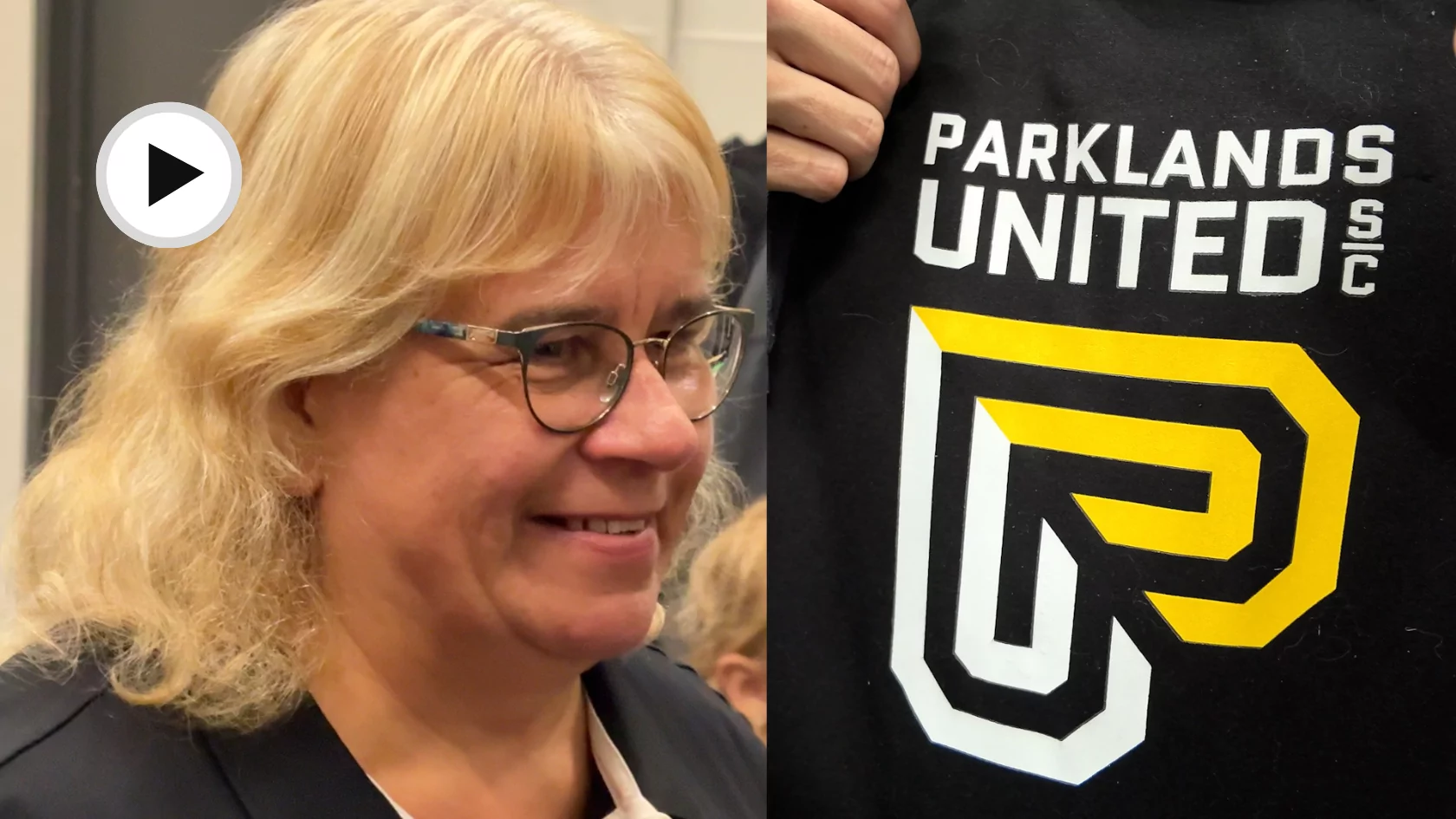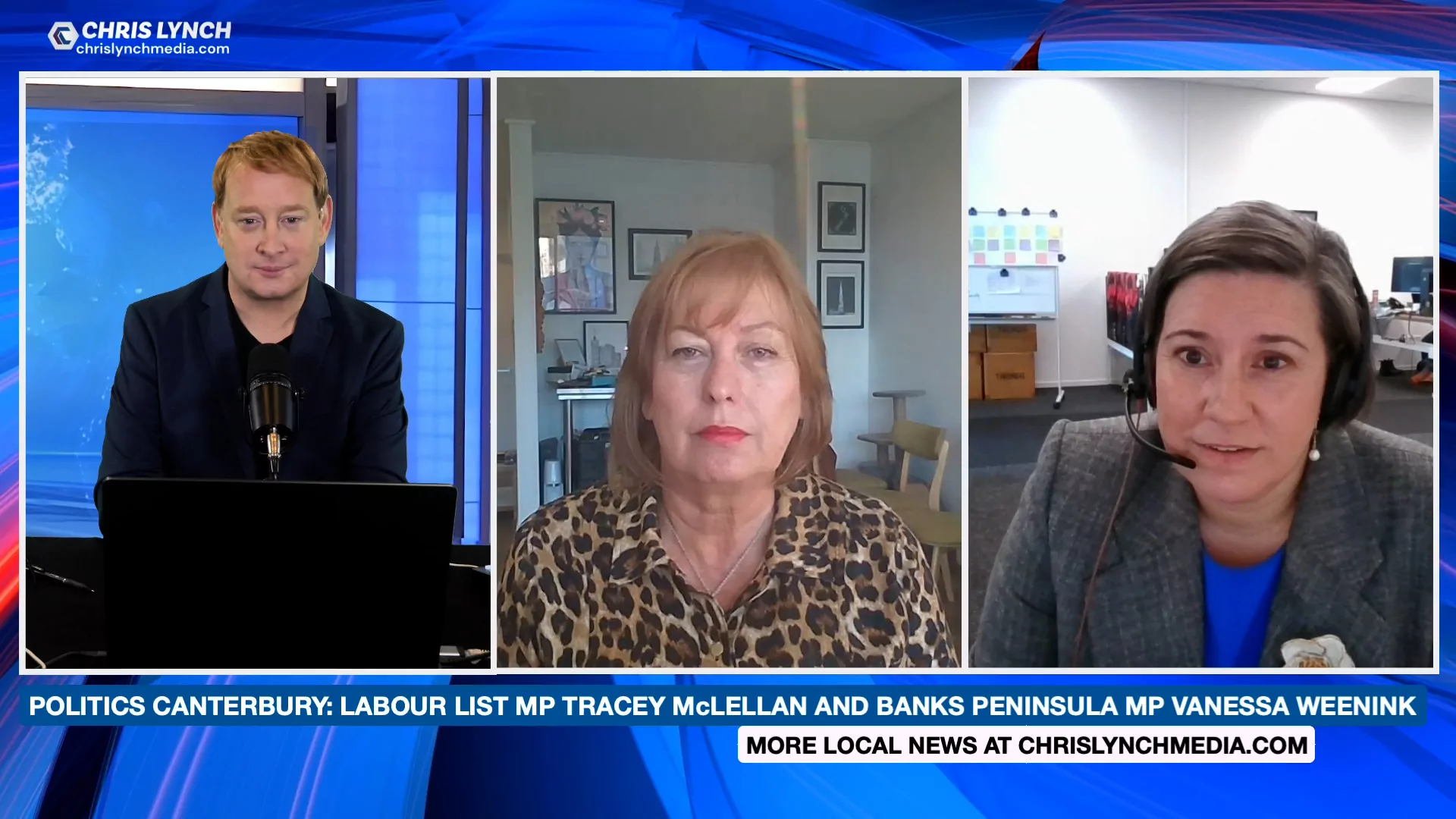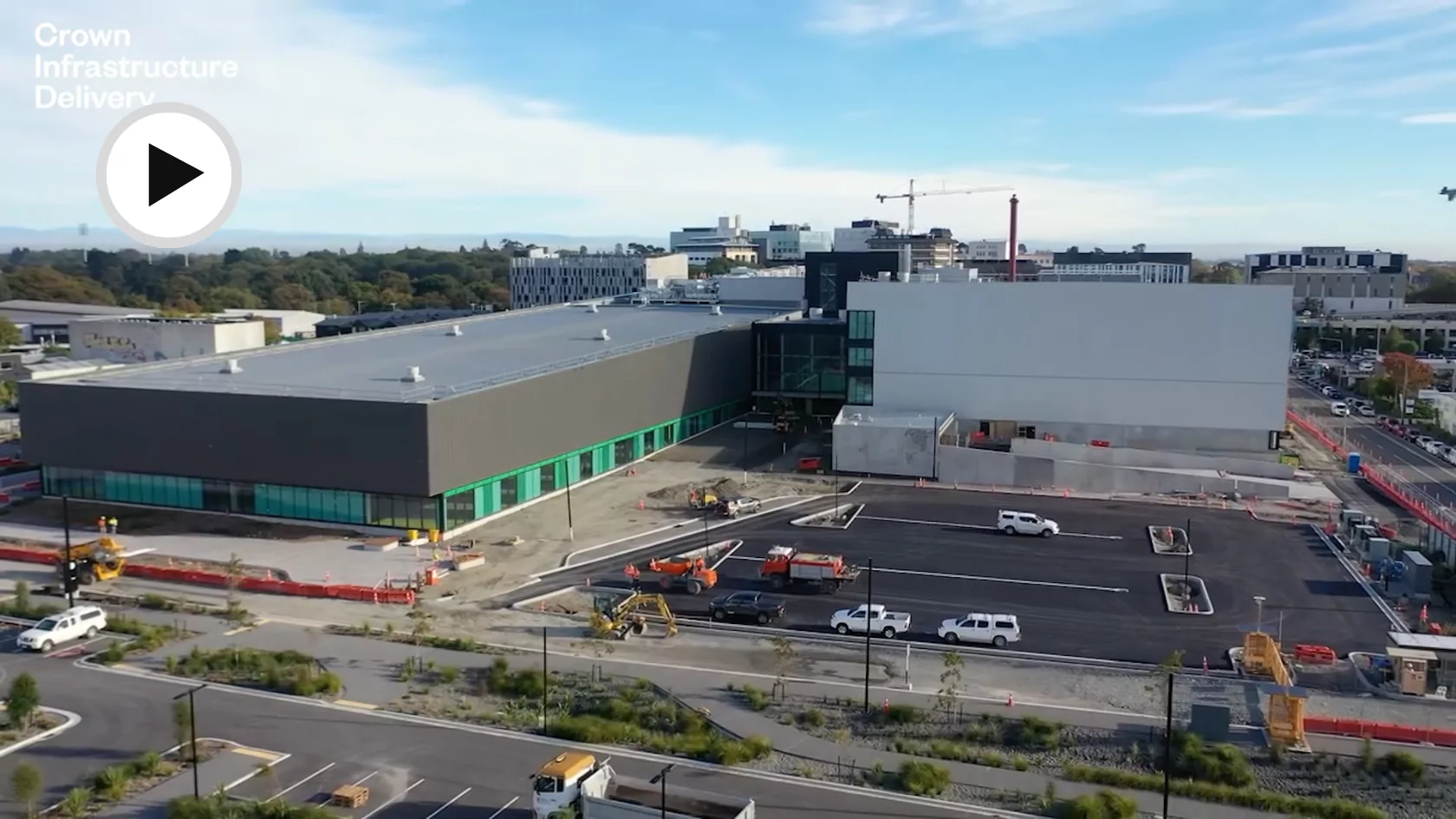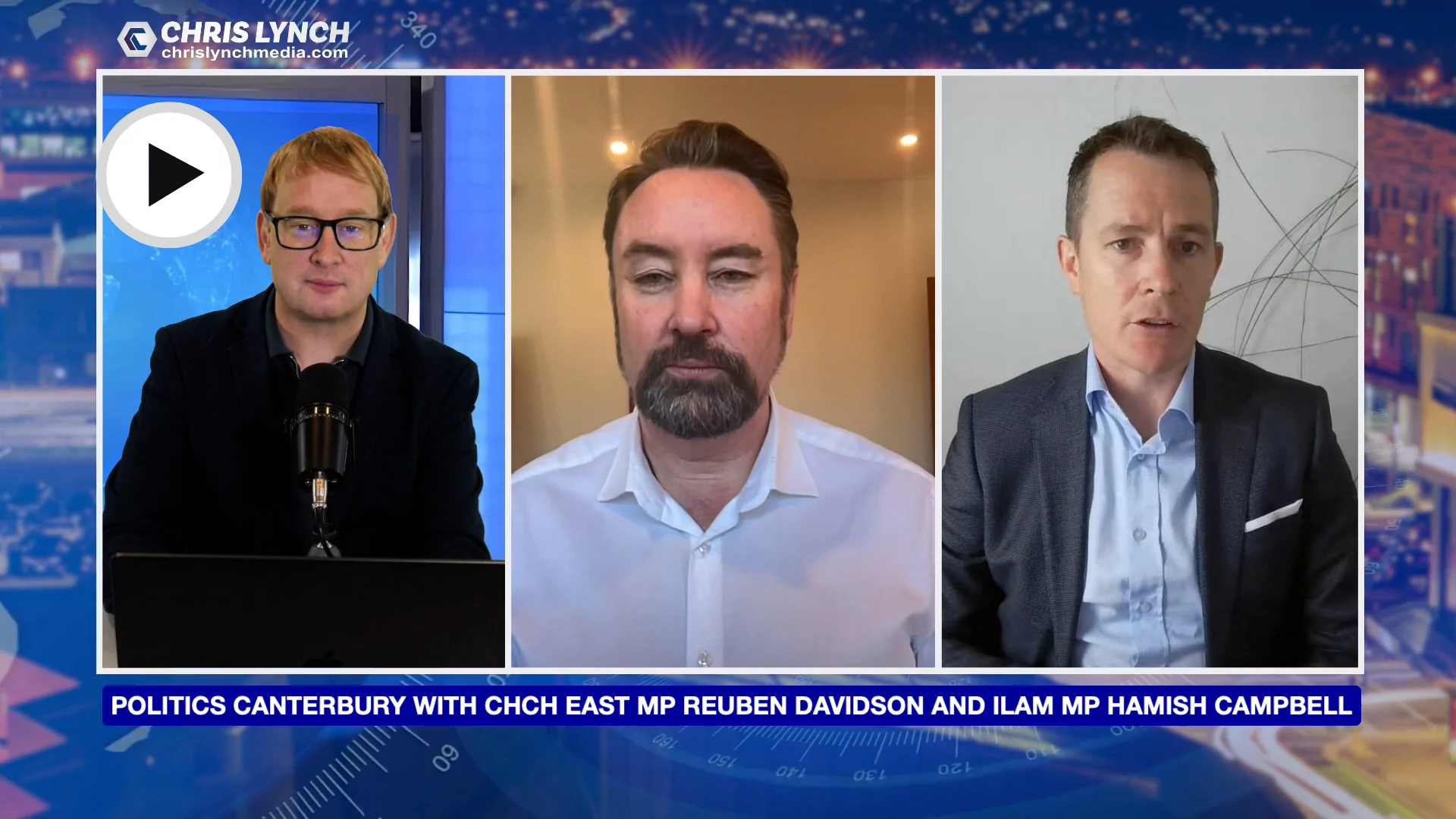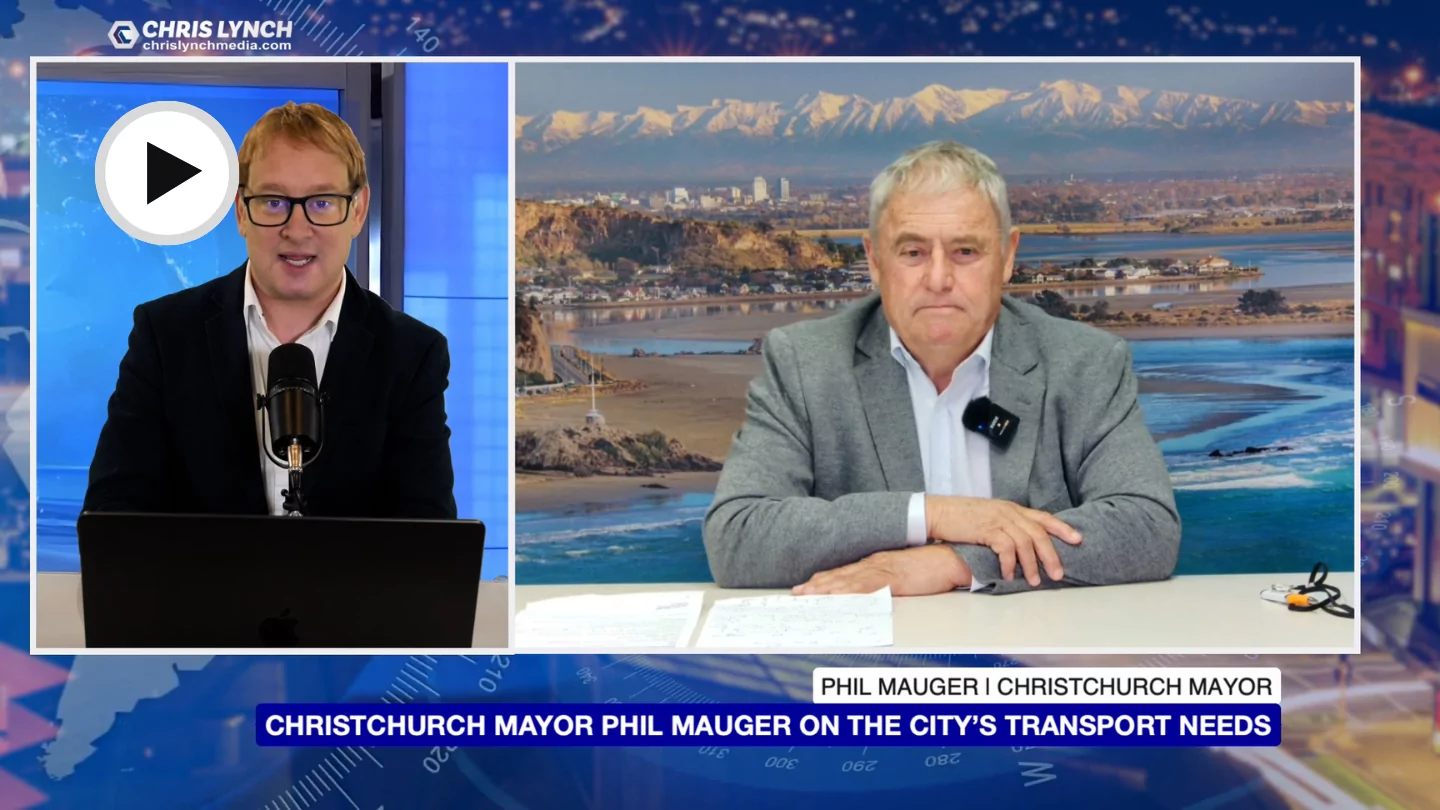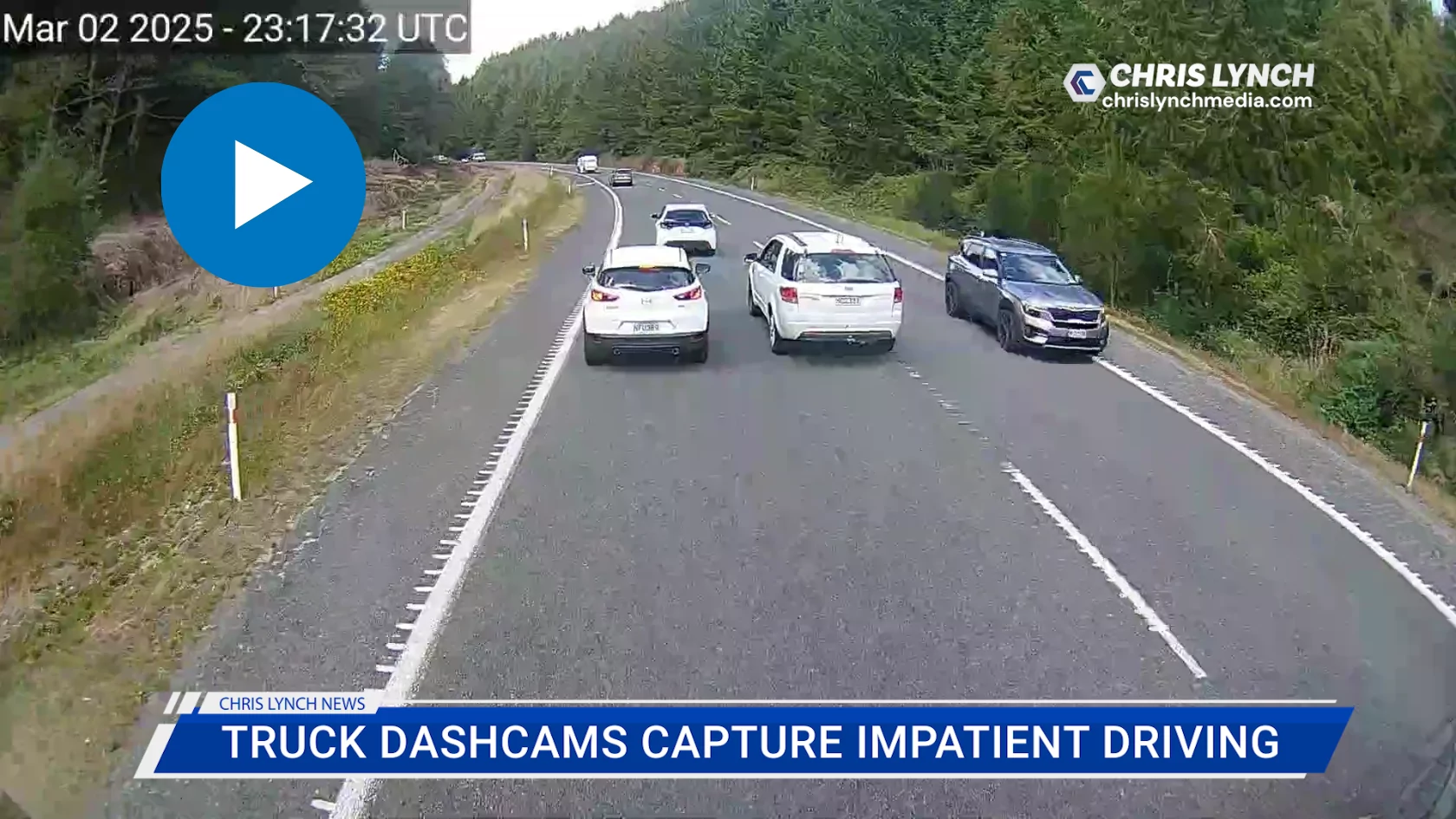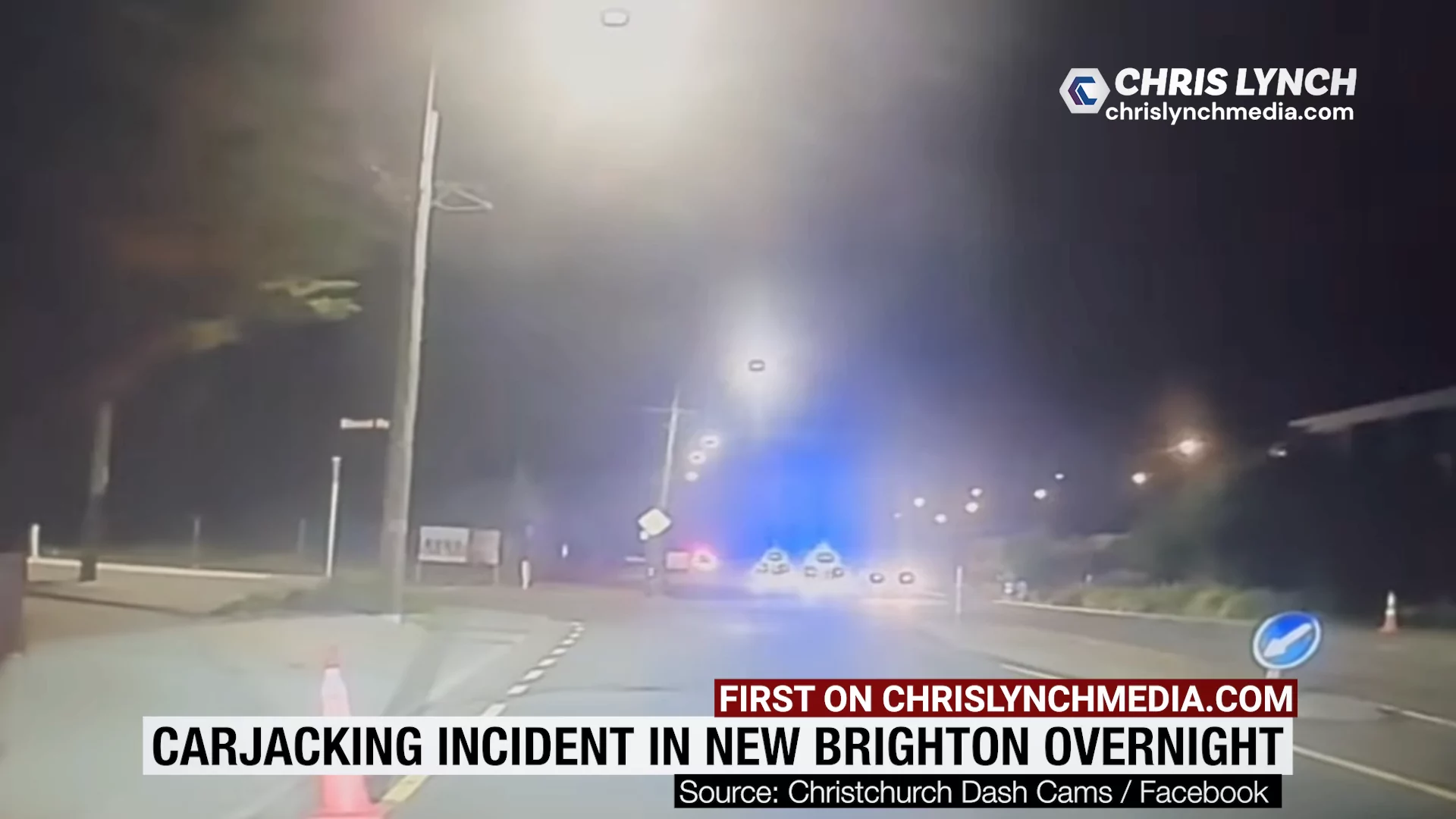Labour leader Chris Hipkins has raised serious concerns about the Government’s plans to allow plumbers, gasfitters and drainlayers to self-certify their work, warning it could lead to serious public safety issues.
Speaking to Chris Lynch Media, Hipkins said Labour was open to sensible regulatory changes, but self-certification needed to be “proportionate to risk.”
“The certification regime has got to be proportionate to risk. Where the risk is high, there must be strong quality controls in place,” Hipkins said.
He warned of the dangers of moving too quickly without enough safeguards.
“If they make a mistake, if they get things wrong, things can literally blow up,” he said. “No one in New Zealand wants to see a repeat of the leaky buildings fiasco. That was all about a rush to deregulate, a rush to make everything faster and cheaper, and look what happened — we paid a very big, long-term consequence for that.”
Hipkins said that while self-certification might sound efficient, it came with real dangers.
“Back of my mind, self-certification just sounds dodgy,” he said.
The Government has said a high threshold will be applied for trusted companies, but Hipkins stressed that strong safety standards must remain where public risk is high.
Turning to local issues, Hipkins was critical of the lack of government investment in fast-growing areas like Selwyn. New data revealed the district is missing out on around $369 million in government funding.
“Selwyn has grown really fast but hasn’t had the level of investment needed to cope with that growth. There’s a legitimate question whether Selwyn is getting its fair share,” Hipkins said.
He said the issue stretched beyond Selwyn.
“It’s not just Selwyn — it’s Christchurch, it’s Dunedin, it’s Nelson. There’s a pattern of the South Island being left behind by this Government.”
Hipkins said he had concerns about transport funding being diverted from Christchurch and criticised the appointment of a South Island Minister.
“We have a South Island Minister now, but it’s the very most junior Minister in Cabinet, who isn’t involved in most of the Cabinet discussions around where money is spent. It’s a PR exercise rather than a thing of substance.”
Addressing the Canterbury Museum’s major funding shortfall, Hipkins said there was a clear role for central government support.
“There’s a strong case for central government to support these bigger regional projects,” he said. “Museums like Canterbury’s are assets for the whole country, not just for Christchurch.”
Turning to the cost of living, Hipkins said Labour’s focus would be on jobs, health, and homes — areas he believed ordinary New Zealanders cared most about.
“Kiwis are working harder than ever but feel like they’re going backwards. We must build an economy that rewards hard work, not just enriches the few,” Hipkins said.
He argued that better government leadership could lower food and electricity prices.
“Government leadership is needed to bring down power prices. Our abundant renewable energy should be delivering lower bills, not higher ones,” he said.
Hipkins was critical of the lack of competition in the food sector and described the electricity market as “broken.”
“The big generating retailers have a market incentive to maximise profits rather than invest in cheaper electricity generation that would benefit all New Zealanders,” he said.
On the recent collapse of a solar company, Hipkins said New Zealand should not judge the value of solar energy based on one business failure.
“You can’t judge the value of solar by one badly-run company. Countries like Australia have embraced solar, and their households are paying much less for power than ours.”
Hipkins said large-scale solar uptake could lower electricity costs and strengthen the energy grid by producing power closer to where it is used.
Discussing political tensions within the coalition government, Hipkins accused Prime Minister Christopher Luxon of allowing ACT and New Zealand First to control key government decisions.
“Christopher Luxon campaigned on tackling the cost of living — yet the cost of living is getting worse under his watch,” Hipkins said.
“He promised not to support ACT’s Treaty Principles Bill — now he’s doing exactly that. It’s clear ACT and New Zealand First are calling the shots.”
Hipkins said ministerial standards under the current government had collapsed.
“We should expect ministers to uphold the Cabinet Manual. But under this Government, ministers can attack the media, attack judges, and nothing happens,” he said.
He was particularly critical of Deputy Prime Minister Winston Peters.
“Winston Peters attacking journalists and threatening funding cuts is totally unacceptable — and the Prime Minister stays silent.”
When asked about the Māori Party and Green Party’s behaviour in opposition, Hipkins said it was wrong to compare opposition parties with ministers.
“The Māori Party and the Greens aren’t accountable to me. But if they were in government, I would expect them to stick to the Cabinet Manual like Labour ministers do. There would be no tolerance for stepping outside that,” Hipkins said.
He admitted activist parties were nothing new in New Zealand politics but said current coalition parties were radical even while in government.
“ACT and New Zealand First at the moment are pretty radical in government, and the Prime Minister doesn’t seem to be doing much about that.”
Looking ahead to the next election, Hipkins said Labour’s focus would be squarely on restoring trust with working families.
“My job between now and the next election is to maximise Labour’s share of the vote,” he said. “The more votes Labour gets, the more stable the government we can deliver.”
Asked for one strategy to win back centrist voters, Hipkins said Labour would return to core priorities.
“As I said, jobs, health, and homes — creating a better future for all working New Zealanders. For too long, people have been told if they work hard, they’ll get ahead. But too many Kiwis feel like that’s no longer true. We have to fix that.”
